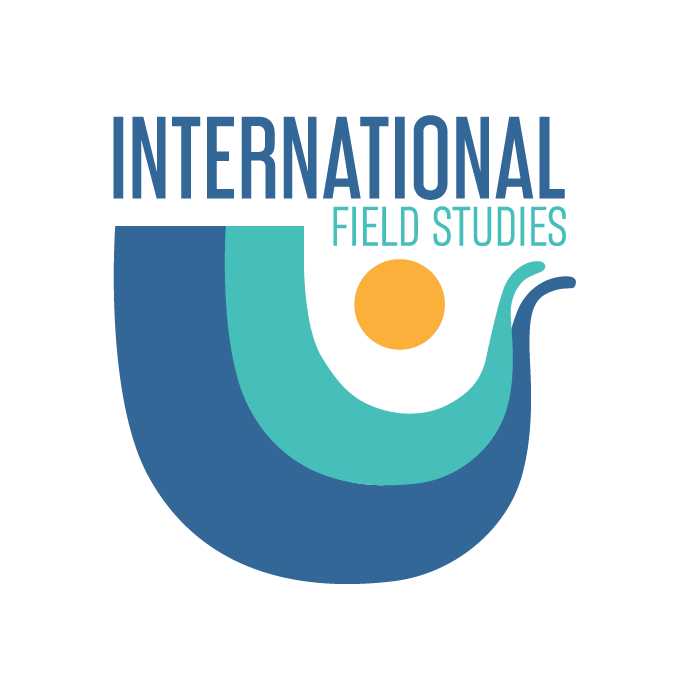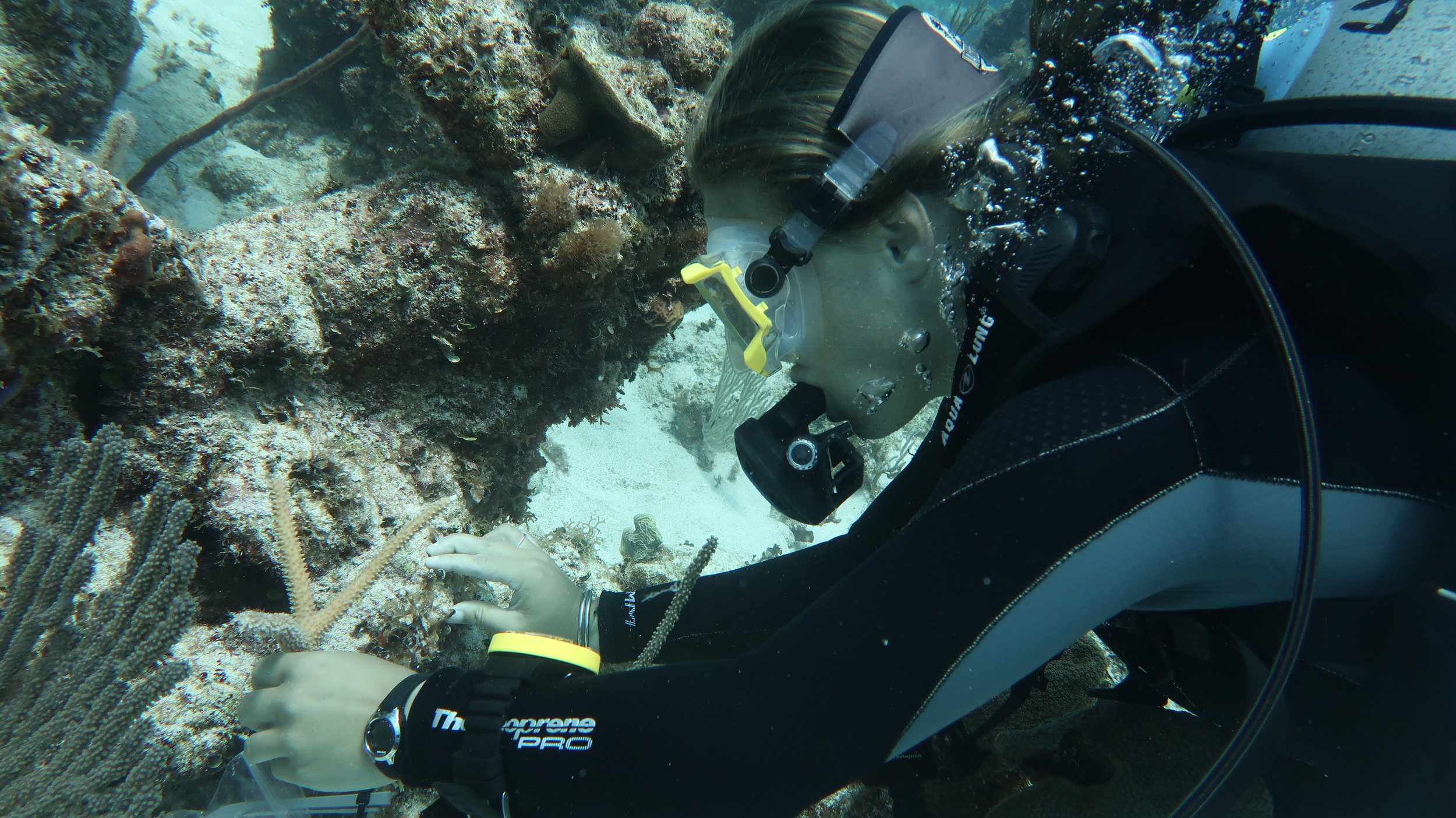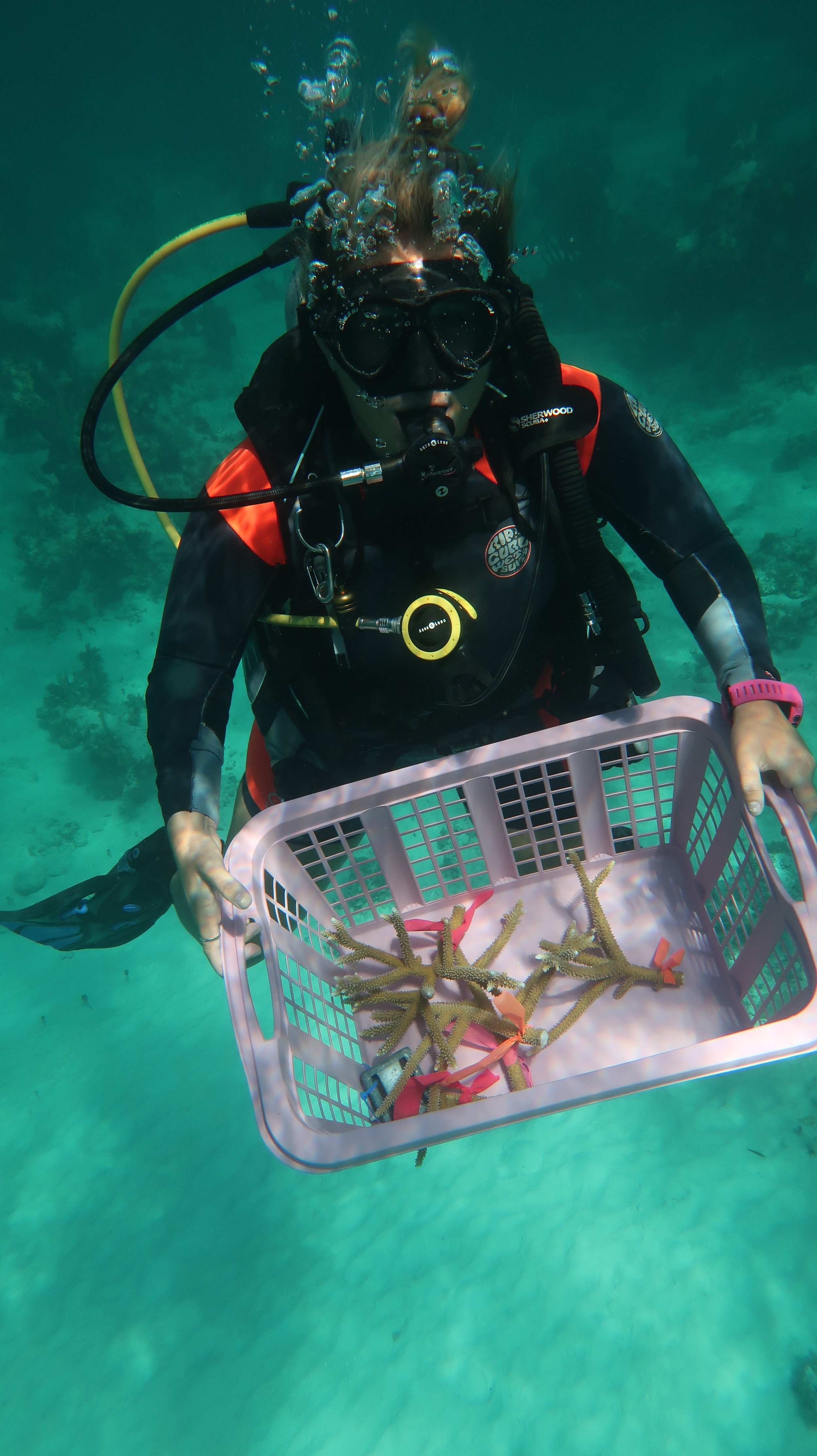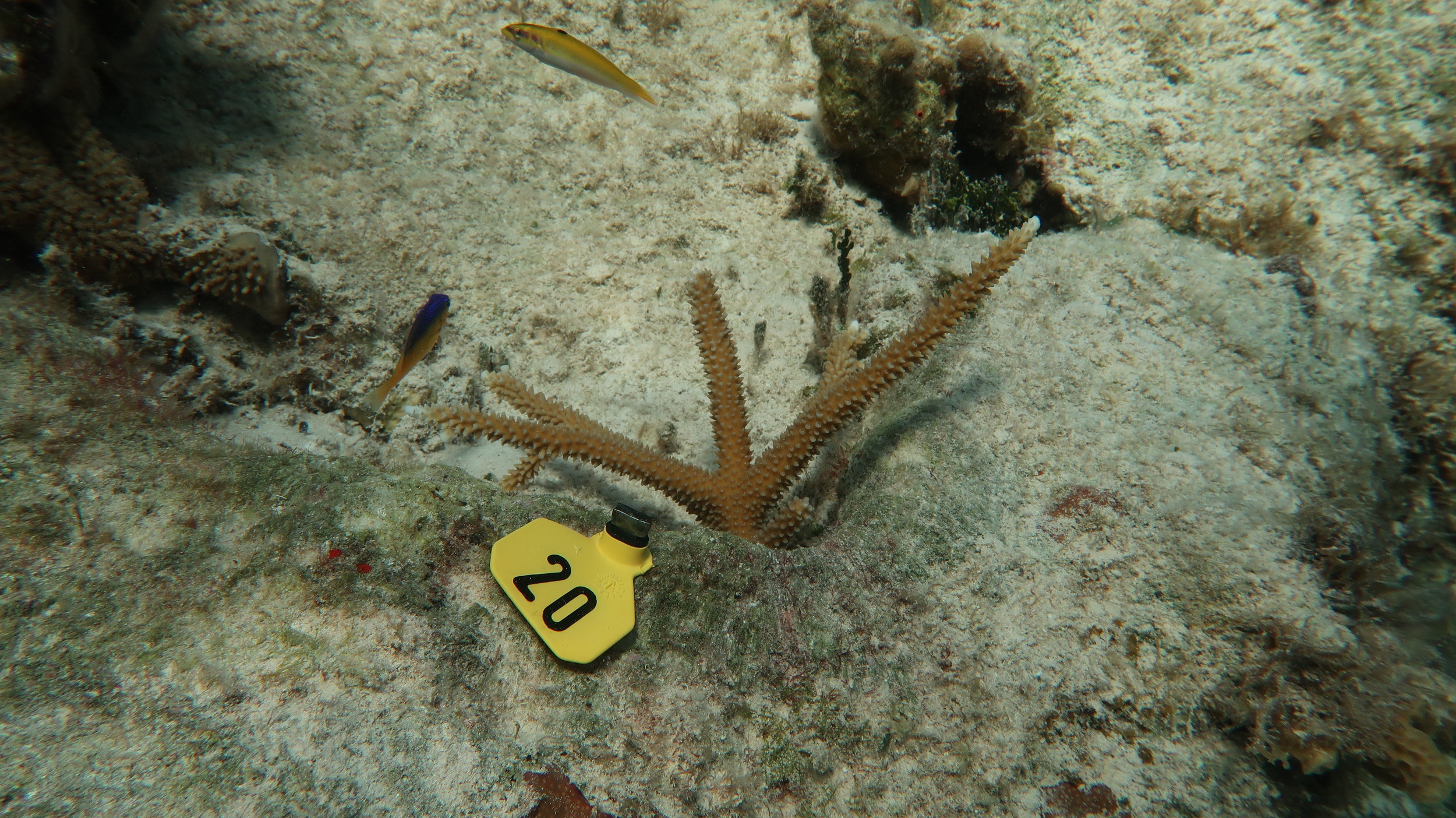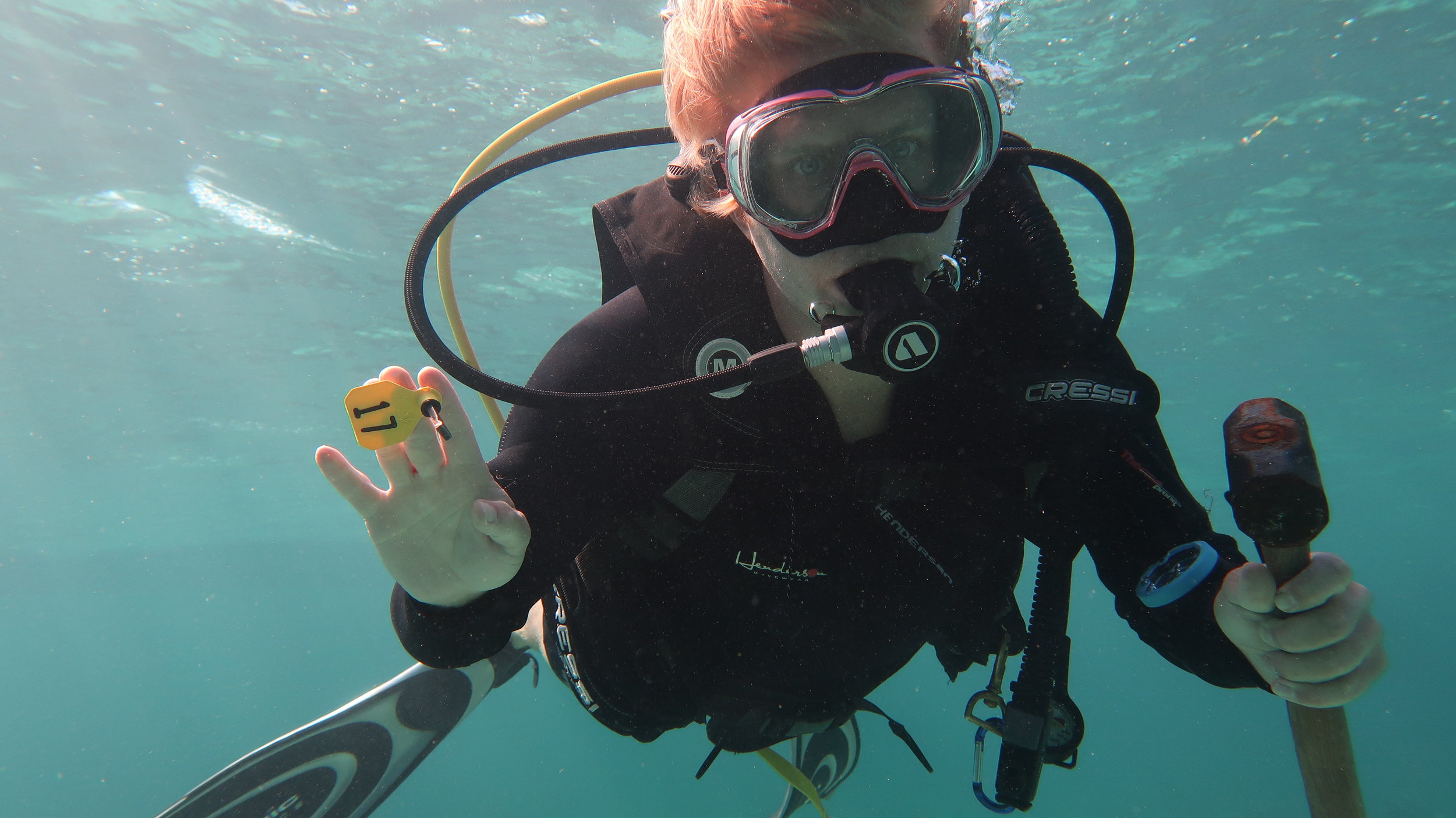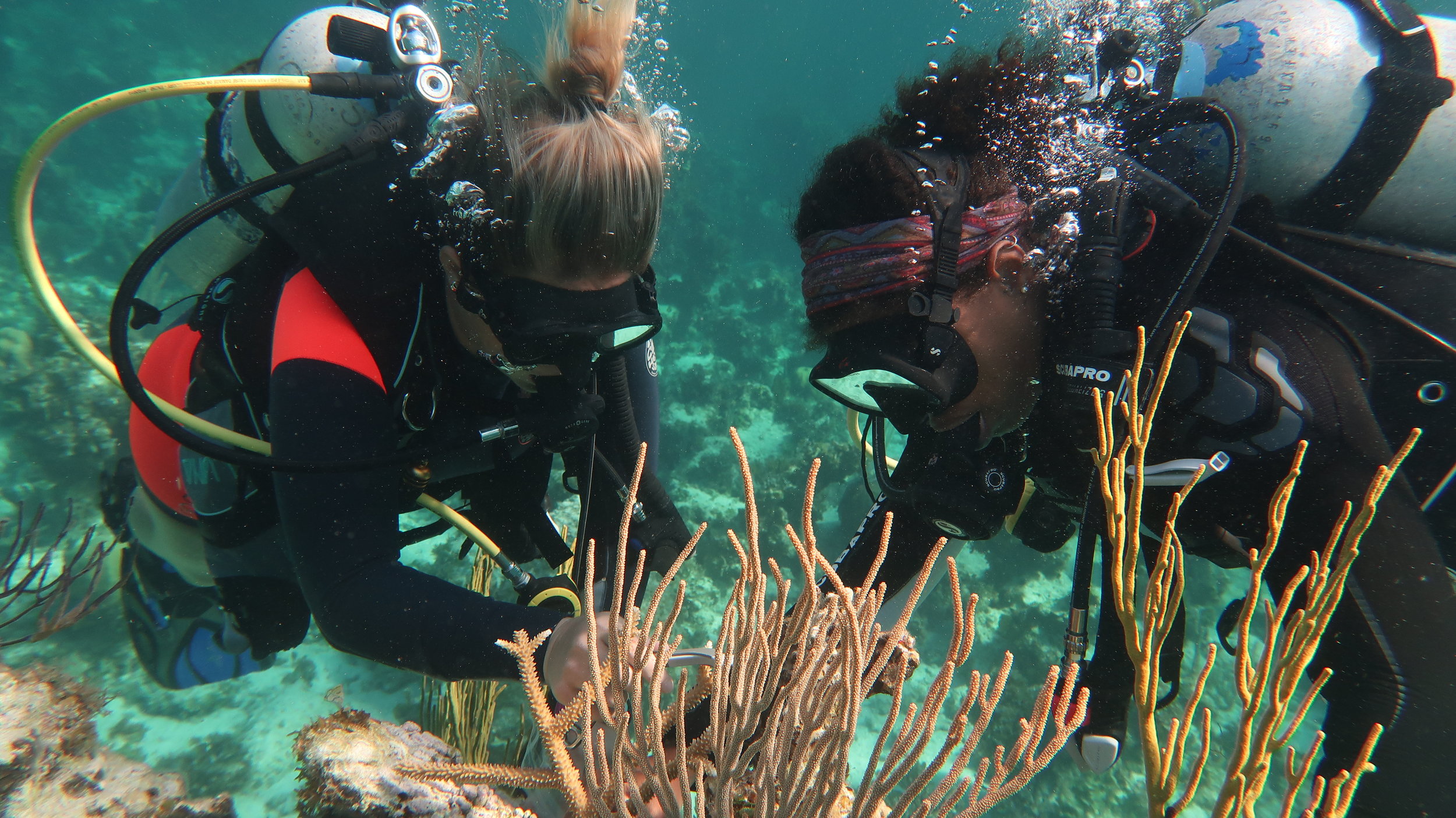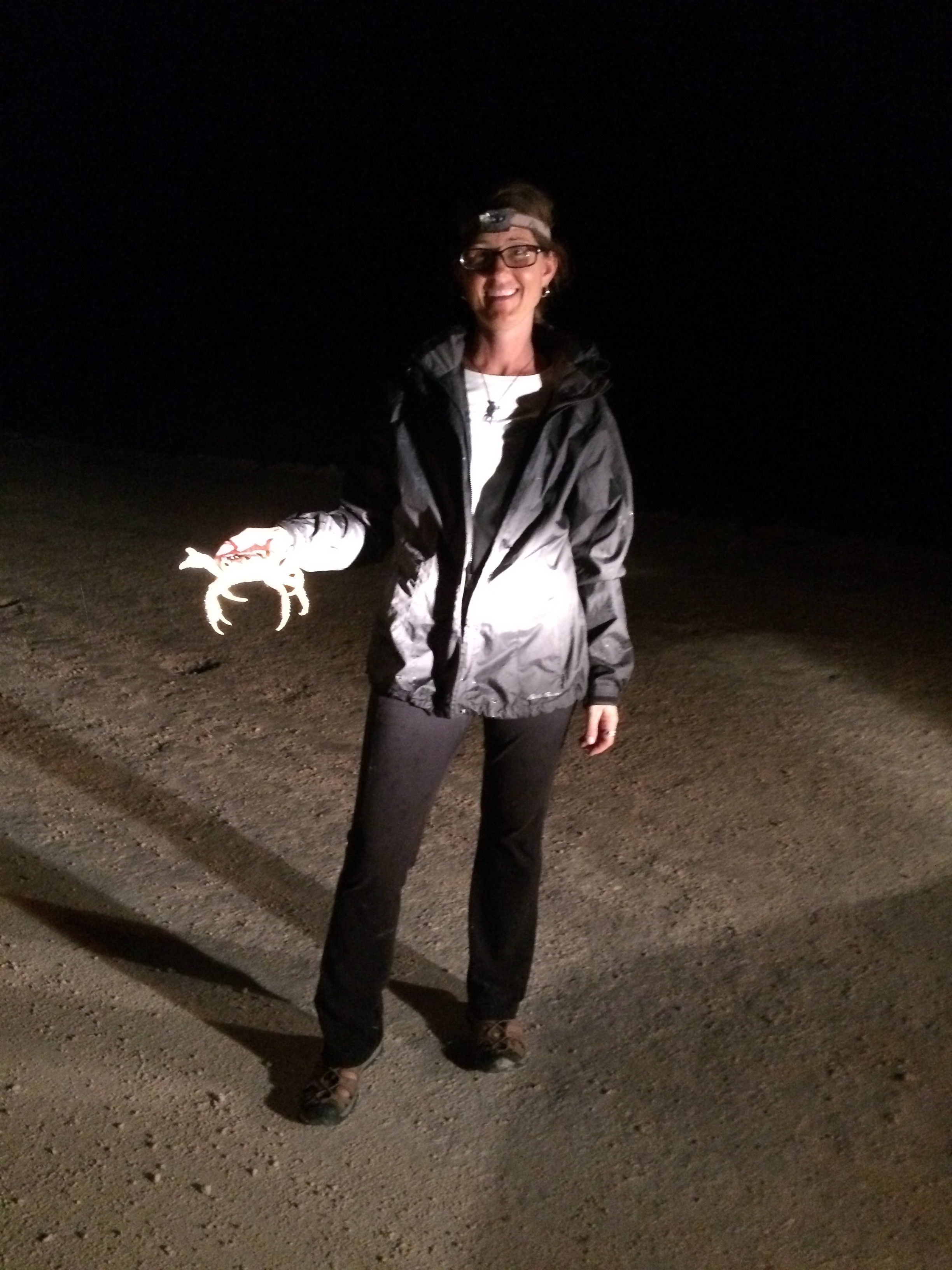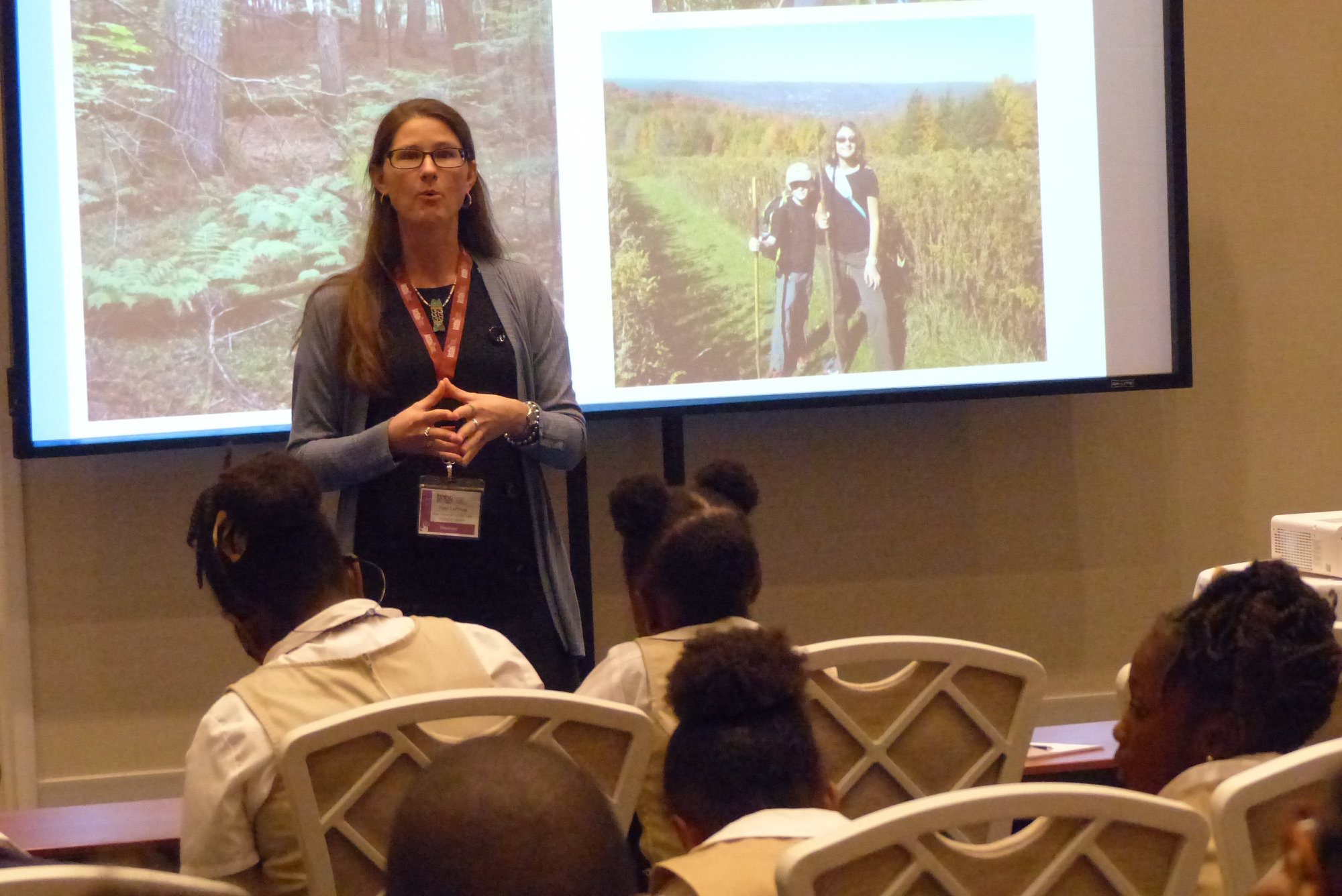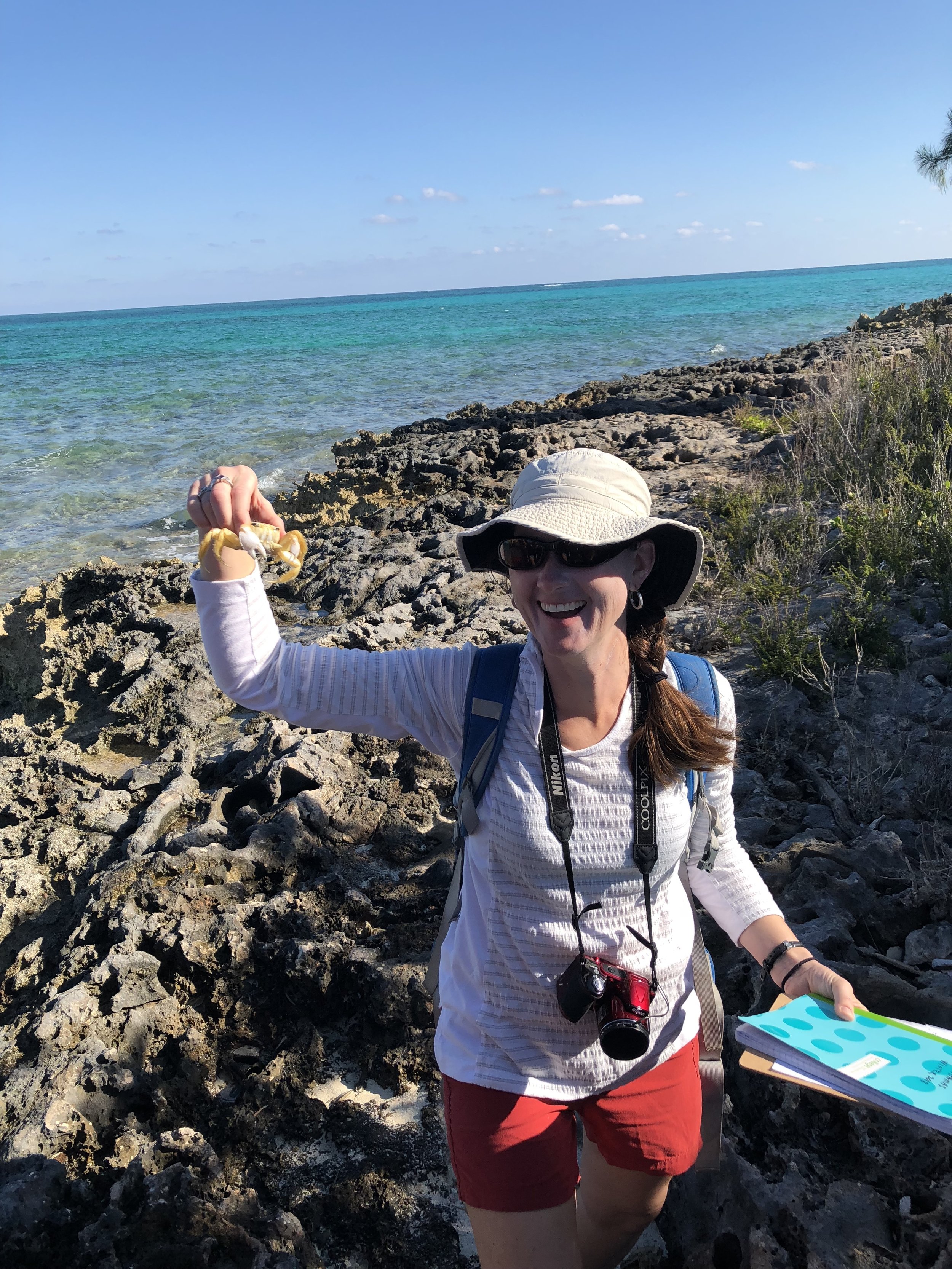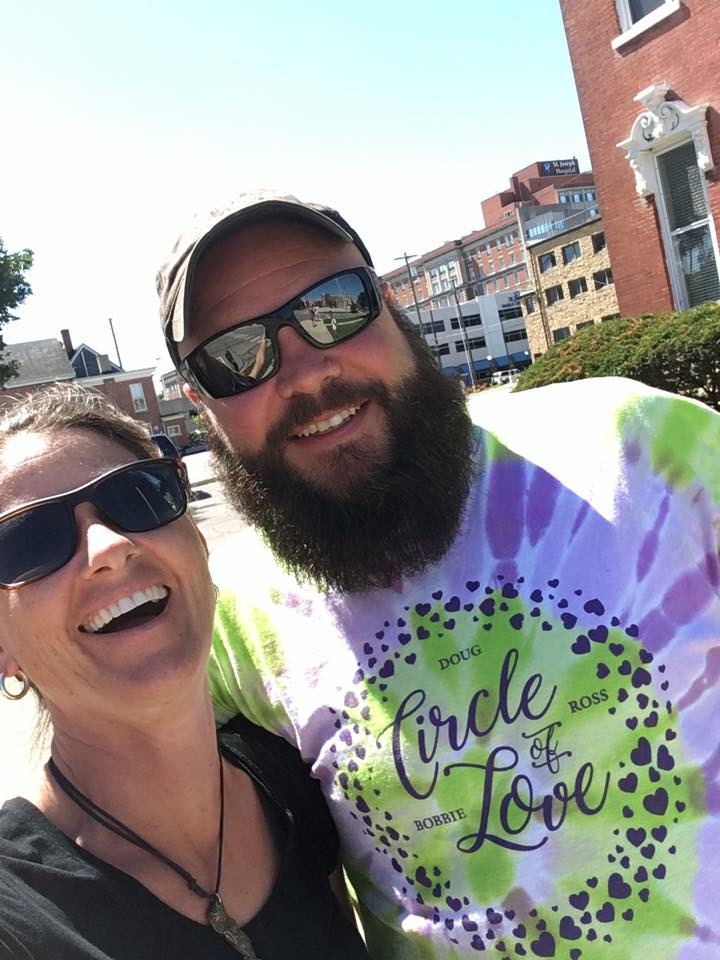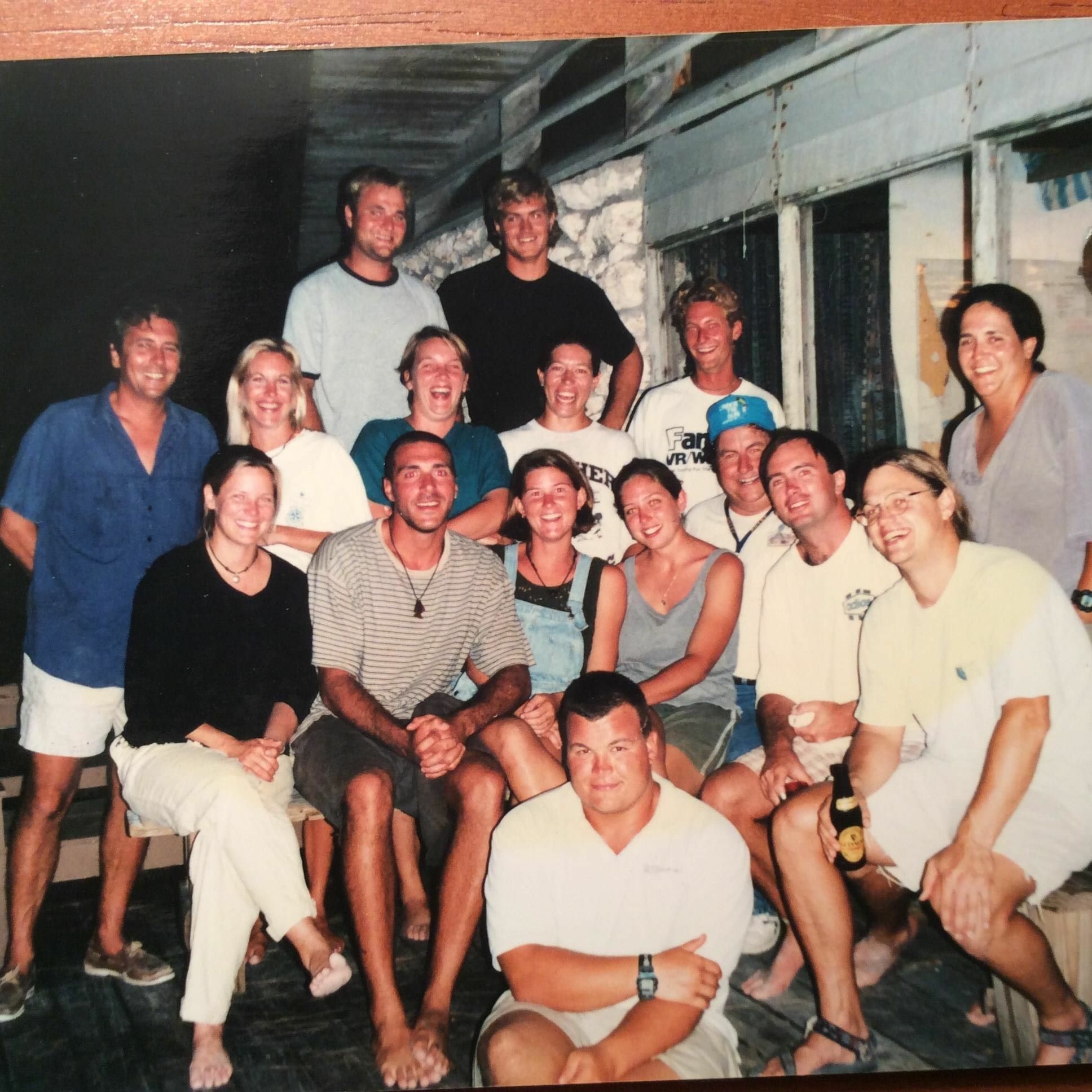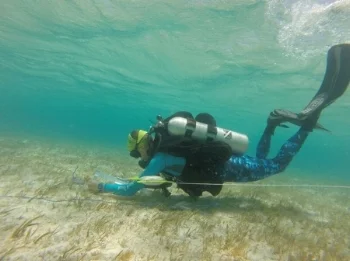Where are they now? A Spotlight on Previous Interns - Johnny Rader!
/conducting sand dollar RESEARCH on sanibel island
Meet the wonderful Johnny Rader!
Johnny spent two and a half years from 2012 to 2015 at Forfar Field Station! His shared love for the ocean and marine creatures (his favorite are nudibranchs - check it out) made his passion for ocean conservation and education into a career!
Johnny reflected on the practical and boating skills he learned during his time on Andros, but emphasized the importance of the teaching skills he acquired from his experience, and access to visiting professors and educators.
Mist netting on andros island
Now, as an outdoor marine educator, Johnny shares his love for marine invertebrates and birds with his students! From Forfar to Sanibel Island, he is continuing to teach about ocean conservation to young and bright minds to help protect the planet for them and future generations.
When he is not sharing his love for the ocean with his students at Sanibel Sea School, Johnny loves diving in the Florida Keys and at Blue Heron Bridge. You'll find him with a nudibranch in hand and "a pair of 'binoc' to [his] face."
Way to go, Johnny! As an ambassador for ocean conservation, IFS is so proud to have helped you pursue your passion, keep up the good work!
